Because Harvard Law School faculty’s expertise and research interests range across jurisdictional and disciplinary borders, so does the curriculum. HLS is leading the way with innovative thinking about how law might best be practiced and taught in a world linked by converging and competing legal systems, technology, and a relative ease of scholarly exchange.
The Harvard Law School faculty can no longer be easily divided into domestic and international law specialists. Faculty experts on U.S. law increasingly bring international and comparative law into their work, in the process transforming core classes and legal thought, while those who specialize in international legal studies bring this expertise to bear on U.S. law and other disciplines.
The work of Harvard Law School’s faculty is redefining international scholarship. Through their research, teaching, backgrounds, public service, and collaborations with scholars around the world, they embody an awareness of and engagement with the world.
These HLS professors and lecturers, among others, regularly teach courses, seminars and reading groups, lead programs and projects, and conduct research on international, comparative and foreign law.
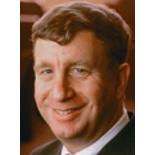
William P. Alford
Jerome A. and Joan L. Cohen Professor of Law
Director, East Asian Legal Studies Program
Chair, Harvard Law School Project on Disability
Special Advisor for the Graduate Program and International Legal Studies
Professor Alford is a scholar of Chinese law and legal history, and is also deeply immersed in research and pro bono activity concerning disability, with China one principal area of work.
He is the co-author of the three-volume work “An Oral History of the Special Olympics in China” (2020), “Taiwan and International Human Rights” (2019), and “Prospects for the Profession in China” (2010), among other books.
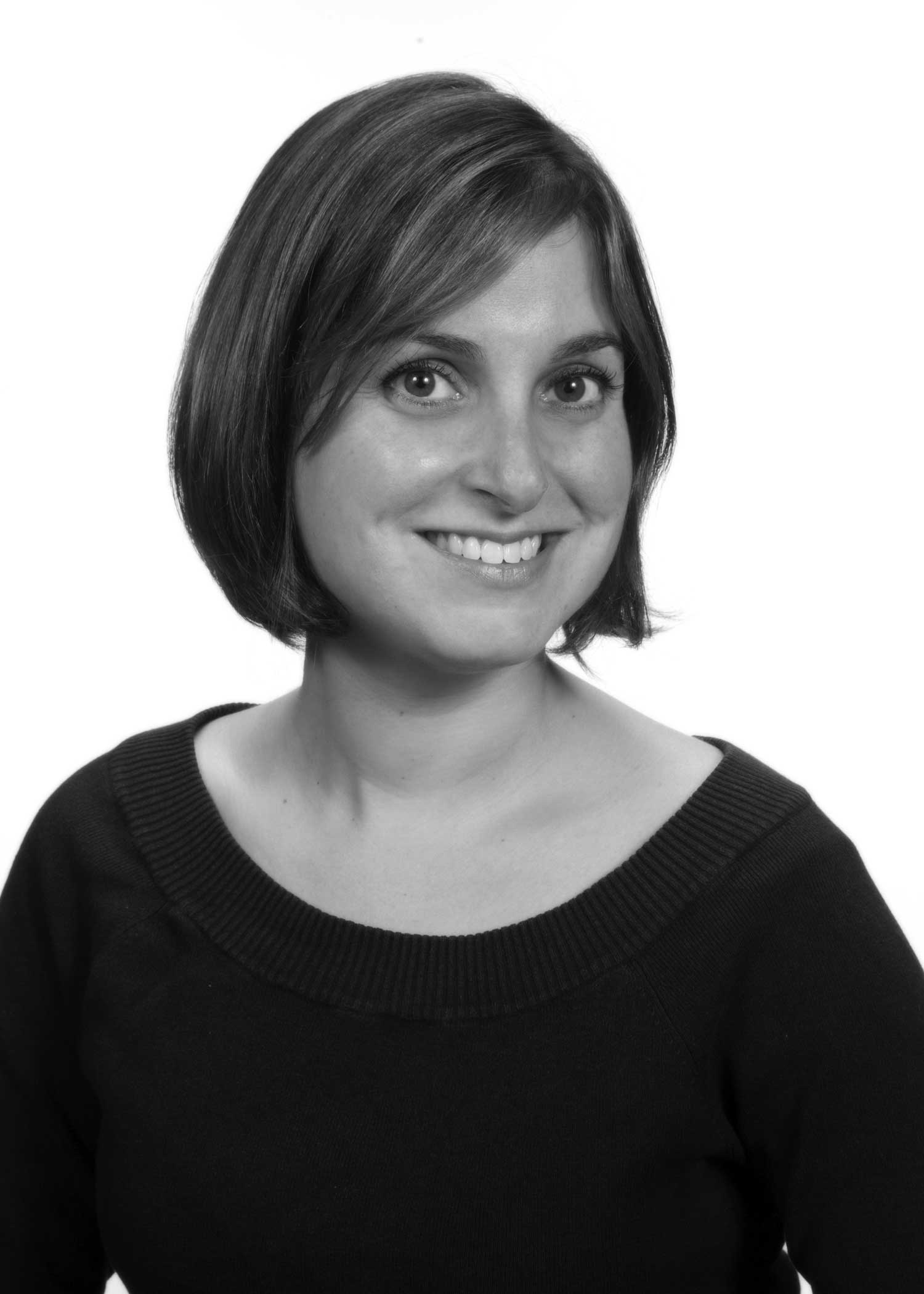
Sabrineh Ardalan
Clinical Professor of Law
Director, Harvard Immigration and Refugee Clinic
Professor Ardalan’s scholarship and teaching focus on asylum and refugee law; strategic immigration litigation and advocacy; solitary confinement in immigration; surveillance of immigrants; detention and deportation; and international labor migration. She has been active in developing law student exchanges and trainings with refugee law clinics in other countries.
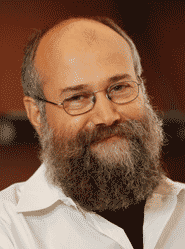
Yochai Benkler
Jack N. and Lillian R. Berkman Professor for Entrepreneurial Legal Studies
Faculty Co-Director, Berkman Klein Center for Internet & Society
Professor Benkler’s work has ranged from the role of information commons and decentralized collaboration to innovation, information production, and freedom in the networked economy and society. His books include “The Wealth of Networks: How Social Production Transforms Markets and Freedom” (2006).
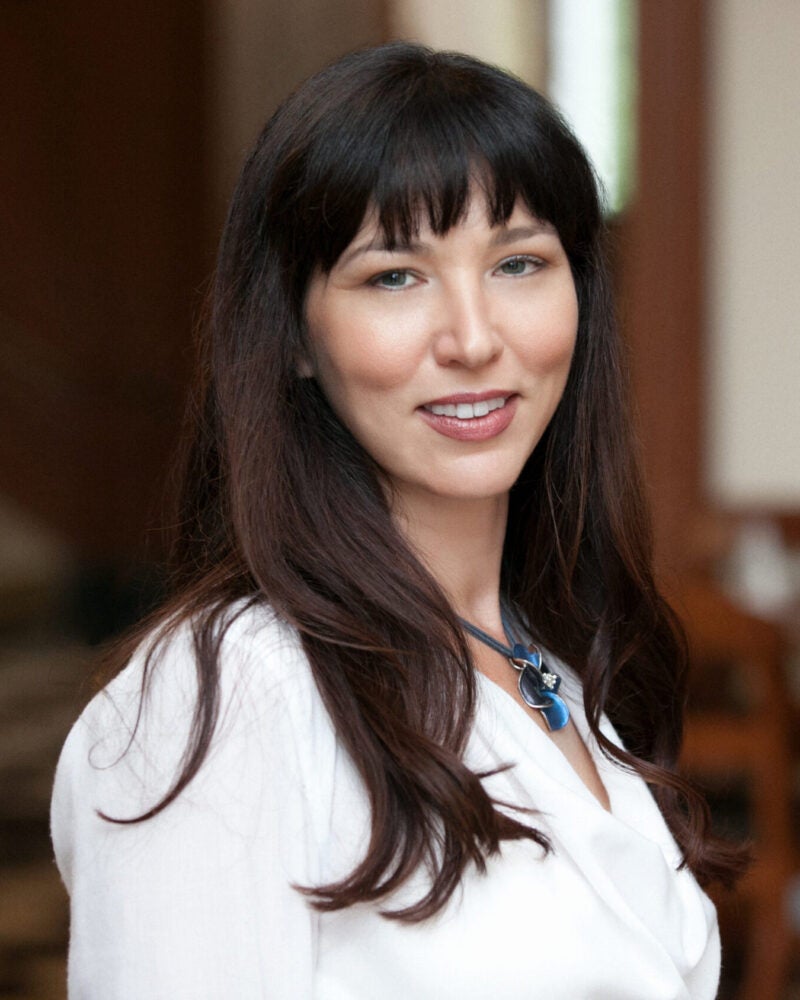
Gabriella Blum
Rita E. Hauser Professor of Human Rights and Humanitarian Law
Director, Program on International Law and Armed Conflict
Vice Dean for the Graduate Program and International Legal Studies
Professor Blum specializes in public international law, international negotiations, the law of armed conflict, and counterterrorism. She is the author of “Islands of Agreement: Managing Enduring Armed Rivalries” (2007), “Laws, Outlaws, and Terrorists,” co-authored with Philip Heymann and recipient of the Roy C. Palmer Civil Liberties Prize (2010), and of “The Future of Violence: Robots and Germs, Hackers and Drones–Confronting a New Age of Threat,” co-authored with Benjamin Wittes and recipient of the Roy C. Palmer Civil Liberties Prize (2015), as well as of journal articles in the fields of public international law and the law and morality of war.
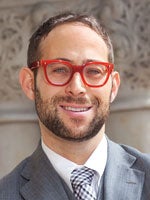
I. Glenn Cohen
James A. Attwood and Leslie Williams Professor of Law
Faculty Director, Petrie-Flom Center for Health Law Policy, Biotechnology & Bioethics
Deputy Dean
Professor Cohen teaches and writes on health law and the intersection of bioethics and the law. He is the author of “Patients with Passports: Medical Tourism, Law and Ethics” (2014), and has written, edited or co-edited more than 20 additional books. His award-winning work has appeared in leading legal, medical, bioethics, scientific and public health journals, as well as op-eds in the New York Times and the Washington Post.
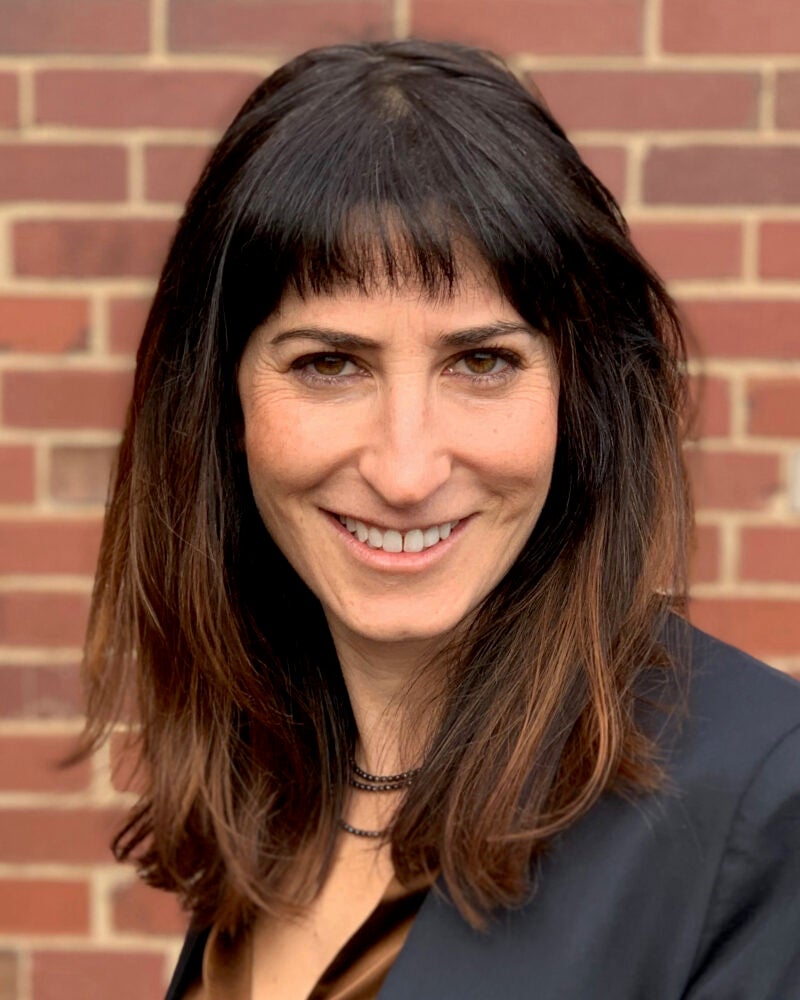
Rebecca Richman Cohen
Lecturer on Law
Ms. Cohen is an award-winning filmmaker who examines the intersection of criminal justice, human rights, and visual culture. She directed and produced “WAR DON DON,” a film about the war crimes trial at the Special Court for Sierra Leone.
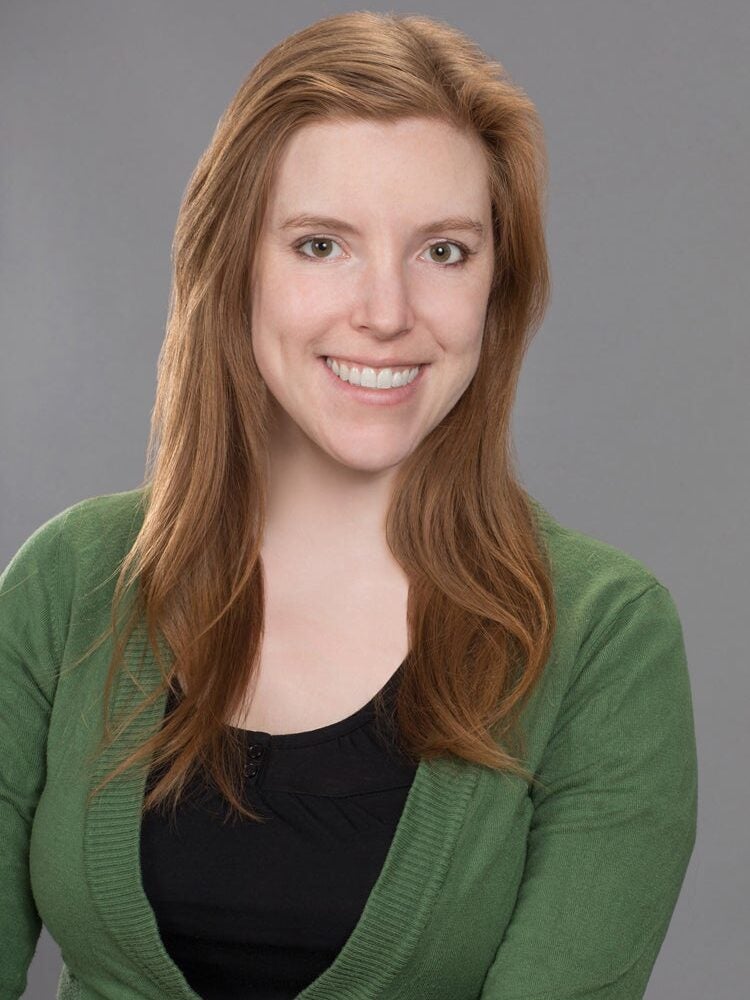
Anna Crowe
Lecturer on Law
Associate Director, International Human Rights Clinic
Ms. Crowe’s work focuses on refugee rights, particularly refugee documentation, humanitarian disarmament, and the right to privacy.
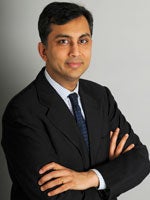
Mihir A. Desai
Professor of Law
Mizuho Financial Group Professor of Finance, Harvard Business School
Professor Desai writes about tax policy in a globalized economy and on the intersection of taxation, corporate governance, and multinational firms’ internal capital markets. He is the author of “International Finance: A Casebook” (2006) and numerous pieces in academic journals.
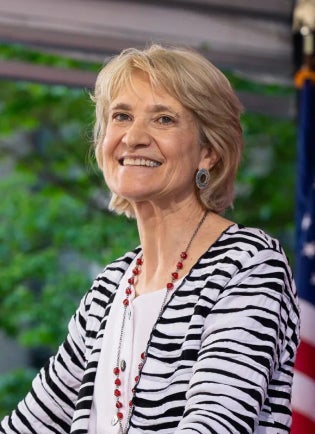
Christine Desan
Leo Gottlieb Professor of Law
Professor Desan’s work focuses on the international monetary system, the constitutional law of money, constitutional history, political economy, and legal theory. She is the co-founder of Harvard’s Program on the Study of Capitalism and the author of “Making Money: Coin, Currency, and the Coming of Capitalism” (2014).
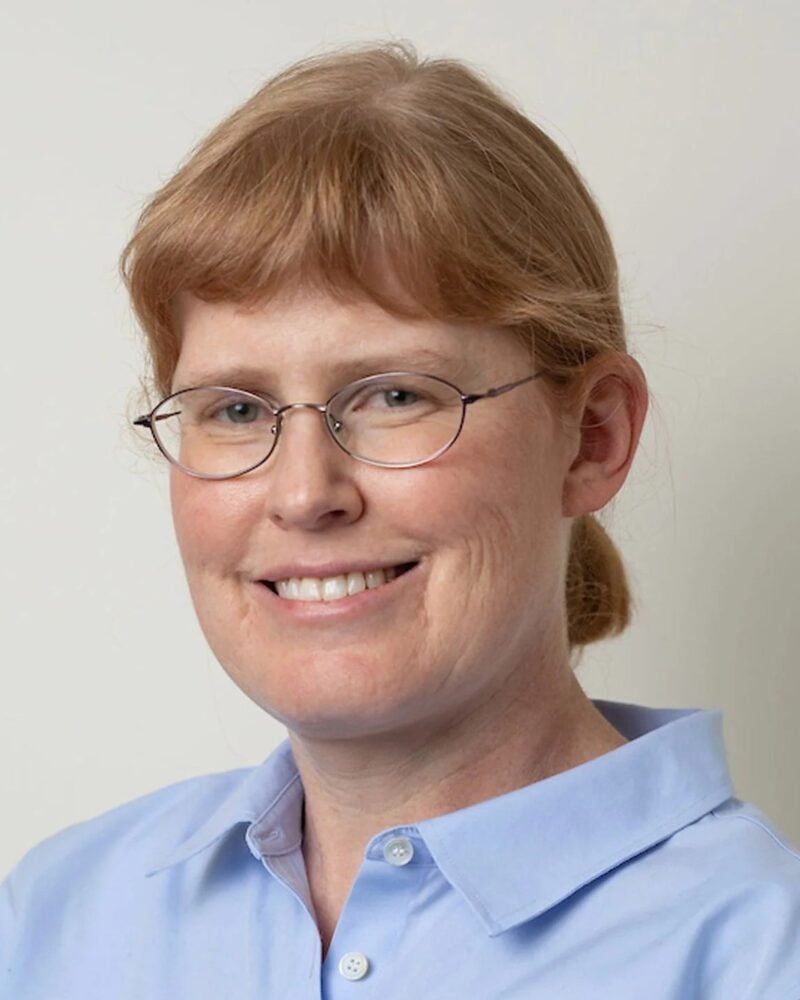
Bonnie Docherty
Lecturer on Law
Director of Armed Conflict and Civilian Protection, International Human Rights Clinic
Ms. Docherty is a leading lawyer, field researcher and scholar in the field of humanitarian disarmament. She works to strengthen international law on cluster munitions, incendiary weapons, and fully autonomous weapons (“killer robots”). Ms. Docherty successfully advocated for specific provisions in the 2017 Treaty on the Prohibition of Nuclear Weapons, and provided legal advice to the International Campaign to Abolish Nuclear Weapons (ICAN), the civil society coalition that received the 2017 Nobel Peace Prize.
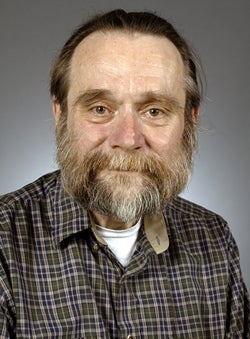
Charles Donahue
Paul A. Freund Professor of Law
Professor Donahue focuses on European legal history, with particular emphasis on the medieval and early modern periods. His recent projects include working on the 14th-century volume of the new “Oxford History of the Laws of England.”

Kristen Eichensehr
Professor of Law
Professor Eichensehr writes and teaches about foreign relations, national security, cybersecurity, and international law. Her recent work addresses national security screening of investments, separation of powers in the national security state, the attribution of state-sponsored cyberattacks, and the interaction of the Supreme Court’s major questions doctrine with U.S. international agreements. She is a member of the U.S. State Department’s Advisory Committee on International Law, and she serves as an adviser on the Restatement (Fourth) of the Foreign Relations Law of the United States.
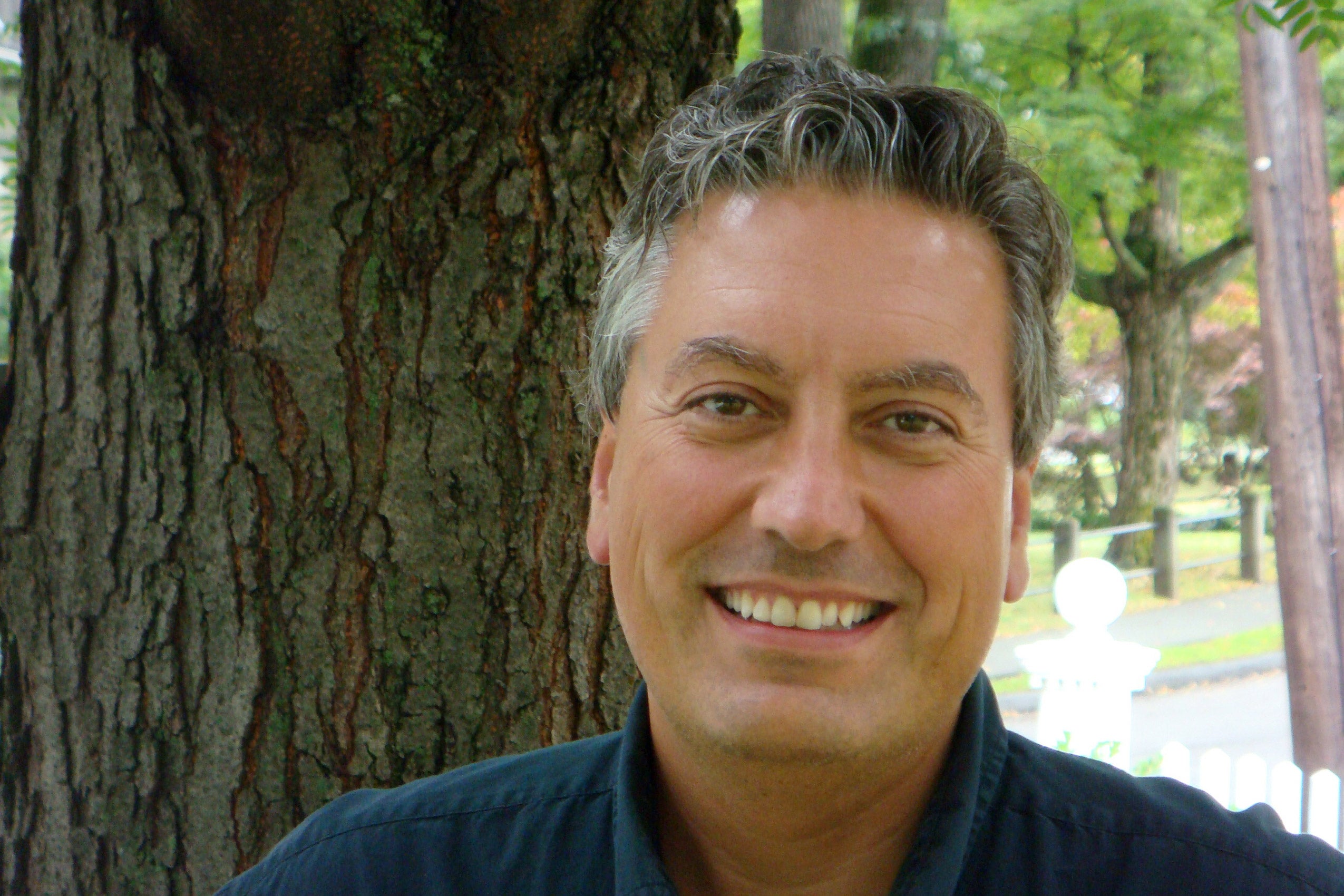
Einer Elhauge
Carroll and Milton Petrie Professor of Law
Professor Elhauge teaches courses on antitrust, contracts, corporations, legislation, and health care law. He has written numerous books and articles on these and other topics. He was the founding faculty director of the Petrie-Flom Center for Health Law Policy, Biotechnology & Bioethics.
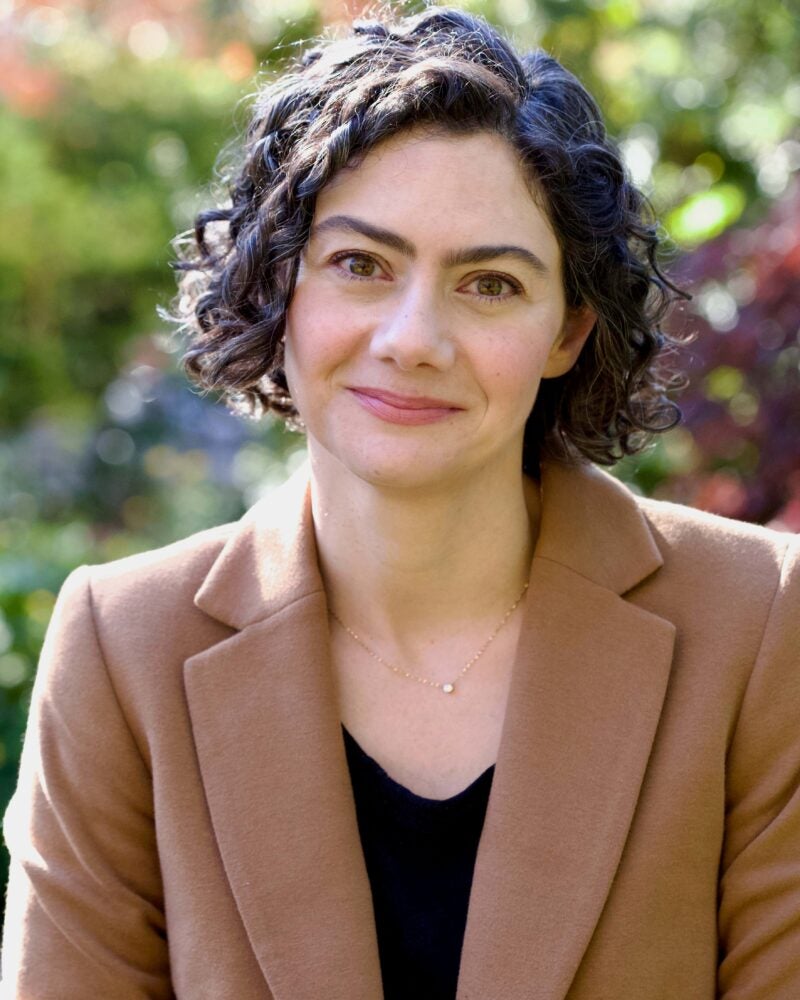
Susan Farbstein
Clinical Professor of Law
Director, International Human Rights Clinic
Professor Farbstein is involved in a range of human rights projects around the globe. She currently focuses on war crimes in Ukraine and corporate accountability for human rights abuses in global supply chains. She has served as co-counsel in cases involving extrajudicial killings in Bolivia and the torture and killing of non-violent activists in Nigeria, and a suit against major multinational corporations for aiding and abetting human rights violations committed by the apartheid state in South Africa.

Noah Feldman
Felix Frankfurter Professor of Law
Director, Julis-Rabinowitz Program on Jewish and Israeli Law
Professor Feldman specializes in constitutional studies, with particular emphasis on the relationship between law and religion, constitutional design, and the history of legal theory. He has written 10 books, including “The Arab Winter: A Tragedy” (Princeton University Press, 2020) and “Cool War: The Future of Global Competition” (Random House, 2013).
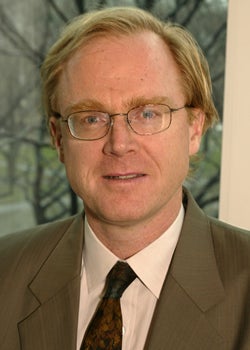
William Fisher
WilmerHale Professor of Intellectual Property Law
Faculty Co-Director, Berkman Klein Center for Internet & Society
Professor Giannini’s work focuses on Alien Tort Statute (ATS) litigation, business and human rights, human rights and the environment, and social entrepreneurship and clinical pedagogy in the human rights context. He was the founder and director of EarthRights International and has extensive experience with Myanmar and South Africa. He served as co-counsel in the landmark Doe v. Unocal case, a precedent-setting corporate ATS suit about the Yadana gas pipeline in Myanmar.
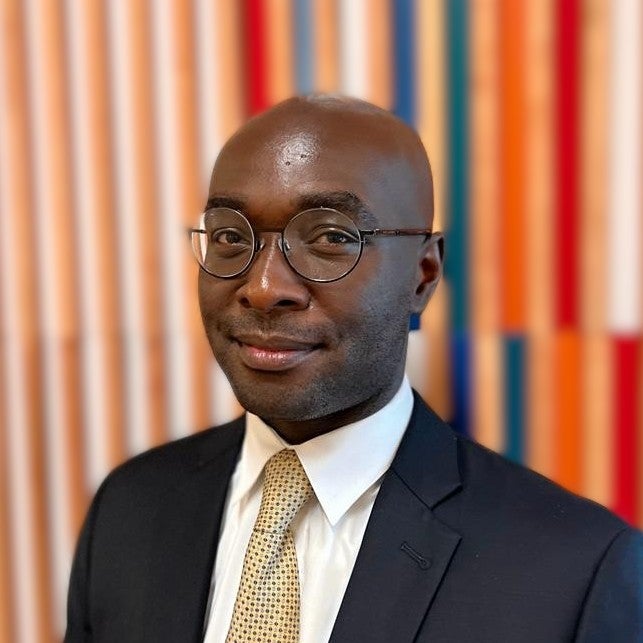
Idriss Fofana
Assistant Professor of Law
Professor Fofana writes and teaches in the areas of international law, comparative law, legal history, and law and colonialism. His research examines the history of international law and other forms of inter-polity order in Africa and Asia since the 1600s.
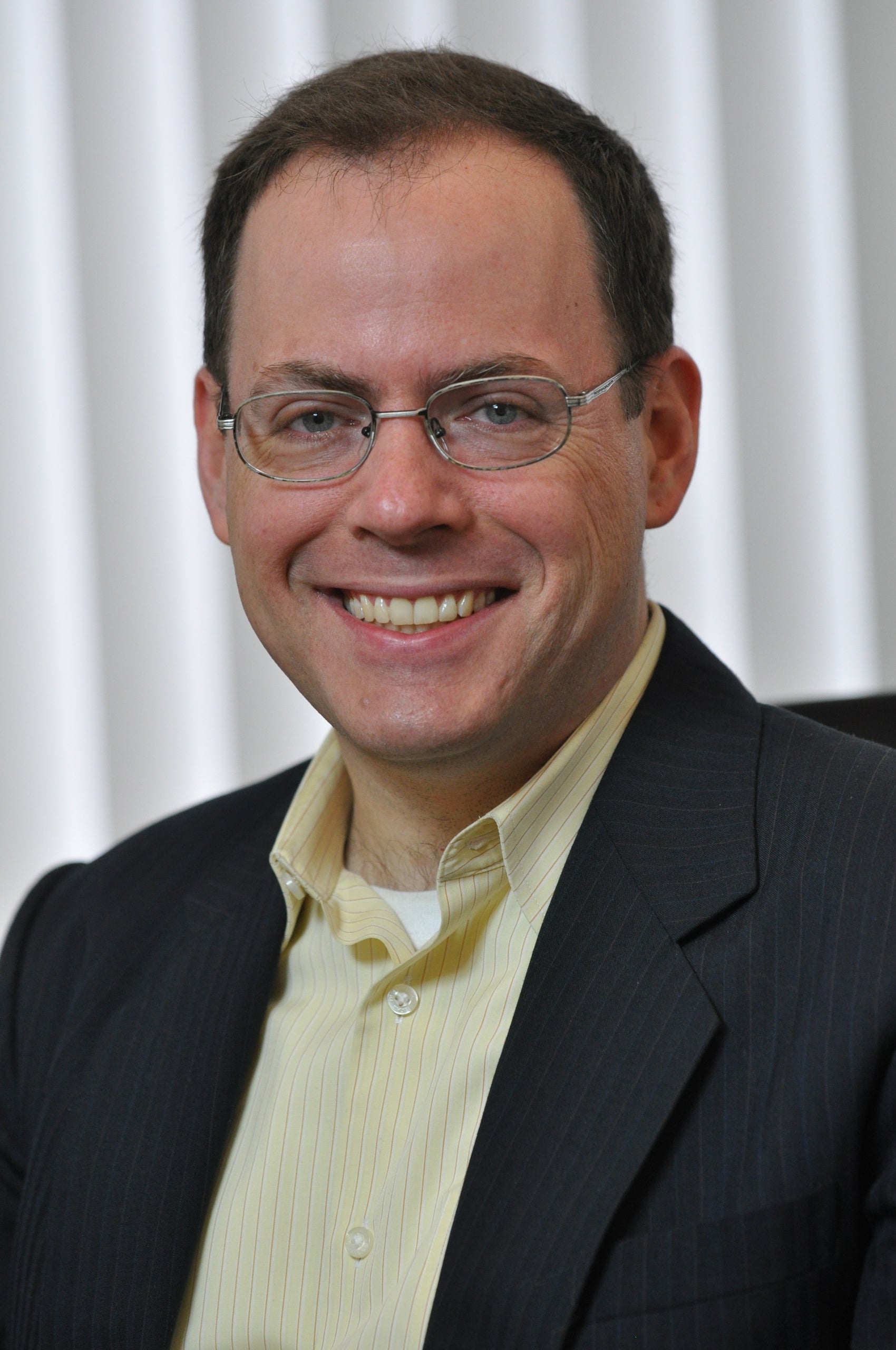
Tyler Giannini
Clinical Professor of Law
Professor Giannini’s work focuses on Alien Tort Statute (ATS) litigation, business and human rights, human rights and the environment, and social entrepreneurship and clinical pedagogy in the human rights context. He was the founder and director of EarthRights International and has extensive experience with Myanmar and South Africa. He served as co-counsel in the landmark Doe v. Unocal case, a precedent-setting corporate ATS suit about the Yadana gas pipeline in Myanmar.
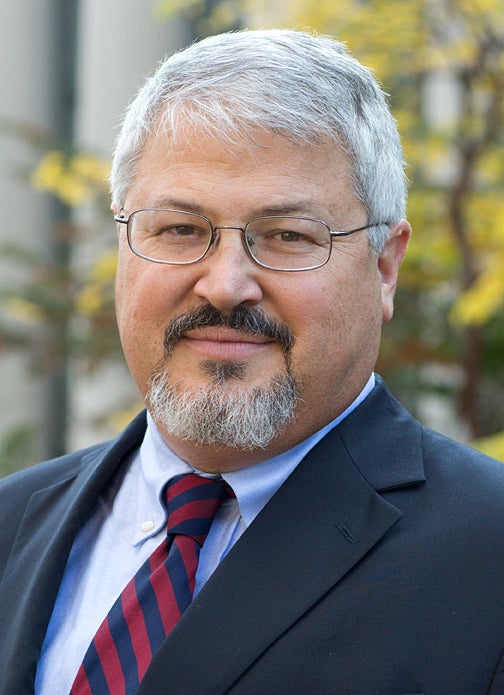
Jack Landman Goldsmith
Learned Hand Professor of Law
Professor Goldsmith writes frequently about presidential power, terrorism, national security, international law, and internet law. His books include “Power and Constraint: The Accountable Presidency After 9/11” (2012) and “The Terror Presidency: Law and Judgment Inside the Bush Administration” (2007).
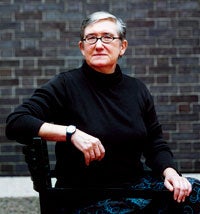
Janet Halley
Eli Goldston Professor of Law
Professor Halley specializes in comparative family law, discrimination, law and literary theory, law and social theory, legal theory, and the regulation of sexuality. She has written about rape in the international law governing armed conflict, the theory and history of family law, social movements and the law, and the law of human trafficking, among other topics.
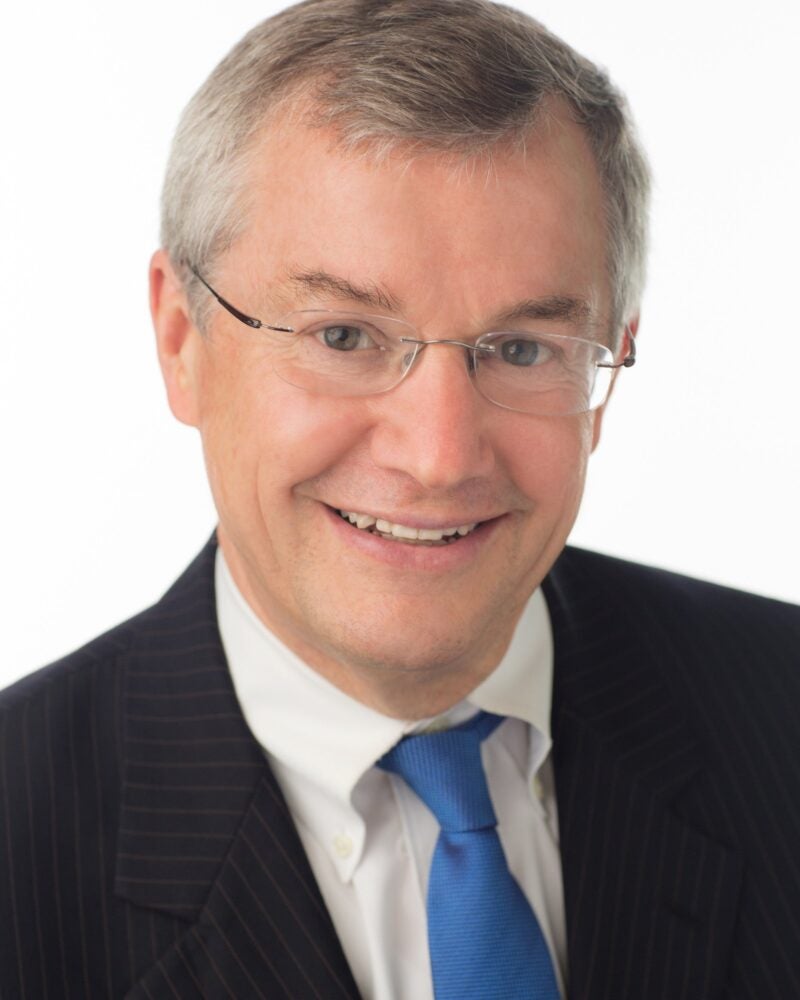
Howell E. Jackson
James S. Reid, Jr. Professor of Law
Professor Howell Jackson’s research interests include financial regulation, consumer protection, international finance, and federal budget policy. He has served as a consultant to the United States Treasury Department, the United Nations Development Program, the World Bank, and the International Monetary Fund. Professor Jackson is the author of U.S. Financial Regulation in the Aftermath of the Global Financial Crisis in “Financial Regulation: A Transatlantic Perspective” (2015) and, with Jeffery Y. Zhang, Private and Public Enforcement in Securities Regulation in “The Oxford Handbook of Corporate Law and Governance” (2015).
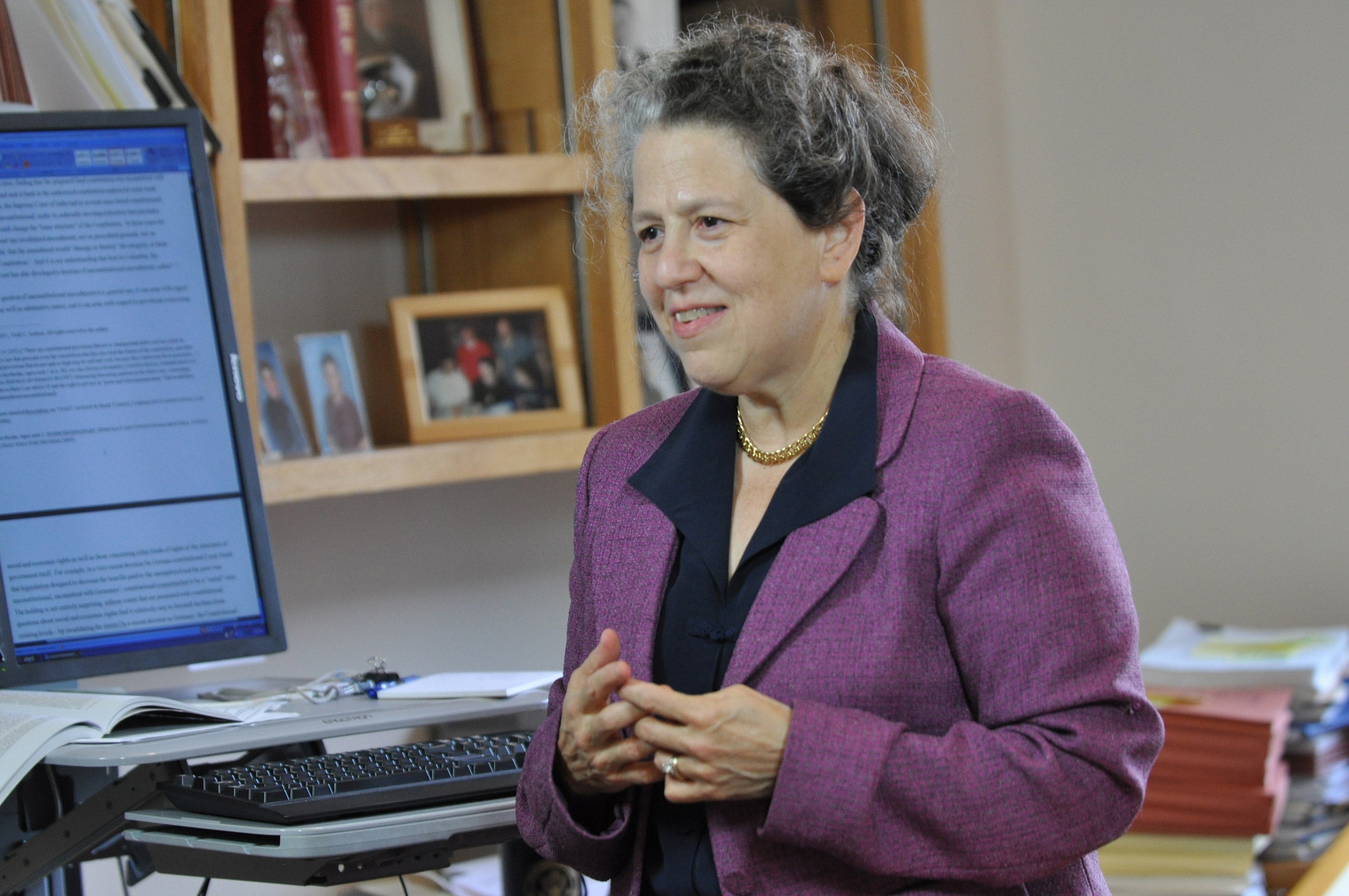
Vicki C. Jackson
Laurence H. Tribe Professor of Constitutional Law
Professor Vicki Jackson participates in international scholarly projects regarding elected representatives in a democracy, gender equality and the interaction of international and domestic law, and the co-evolution of the constitutionalization of international law and the internationalization of constitutional law. She is the author of “Constitutional Engagement in a Transnational Era” (2010) and the co-author of recent editions of “Comparative Constitutional Law,” a course book in the field.

Elizabeth Papp Kamali
Austin Wakeman Scott Professor of Law
Professor Kamali’s research focuses on medieval English common law and the history of criminal law, with a particular interest in the early criminal trial jury. Her projects include studies of doubt and proof in thirteenth- and fourteenth-century English law, medieval understandings of the effect of intoxication on legal responsibility, and the influence of Roman- and canon-law ideas on the early development of the common law. She is the author of “Felony and the Guilty Mind in Medieval England” (2019).
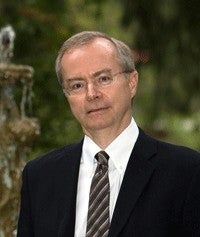
David W. Kennedy
Manley O. Hudson Professor of Law
Director, Institute for Global Law and Policy
Professor Kennedy teaches international law, international economic policy, legal theory, law and development, and European law, and has written numerous articles on international law and global governance. He is the author of “A World of Struggle: How Power, Law and Expertise Shape Global Political Economy” (2016).
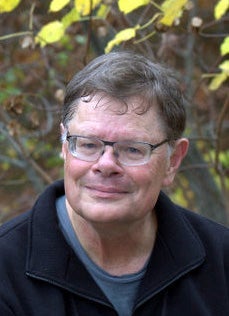
Reinier H. Kraakman
Ezra Ripley Thayer Professor of Law
Professor Kraakman’s areas of research include the corporate governance of widely-held corporations, ownership structure and corporate governance, and comparative corporate law and finance. He has been an advisor on company law reform in Russia and Vietnam and is a lead author of “The Anatomy of Corporate Law: A Comparative and Functional Approach” (2017) which is now in its third edition.
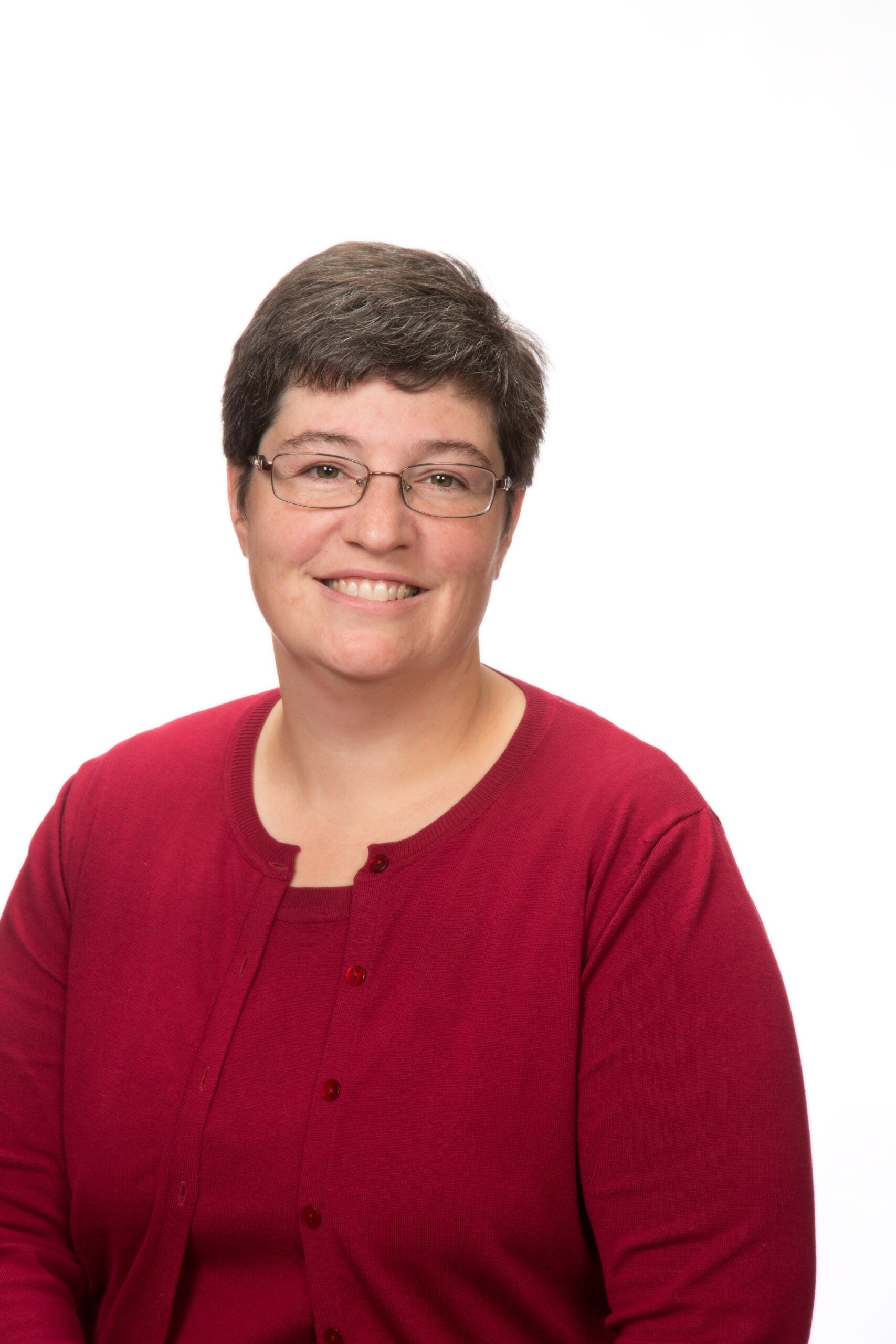
Adriaan Lanni
Touroff-Glueck Professor of Law
Professor Lanni’s research focuses on ancient law and society and modern criminal justice reform. Her books include “Law and Order in Ancient Athens” (2016) and the edited volume “A Global History of Crime and Punishment in Antiquity” (2023).
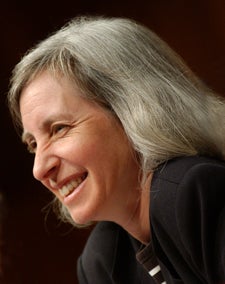
Martha Minow
300th Anniversary University Professor
Professor Minow, who served as Dean of Harvard Law School from 2009 to 2017, focuses on constitutional law and human rights. She is the author of “In Brown’s Wake: Legacies of America’s Educational Landmark” (2010), which examines how the decision has shaped education policy and practice in the U.S. and abroad, and co-edited, with Professor Alex Whiting and Cora True-Frost LL.M. ‘06, “The First Global Prosecutor: Promise and Constraints” (2015). Her work on human rights and transitional societies includes service on the International Independent Commission on Kosovo and the UNHCR project Imagine Co-Existence.
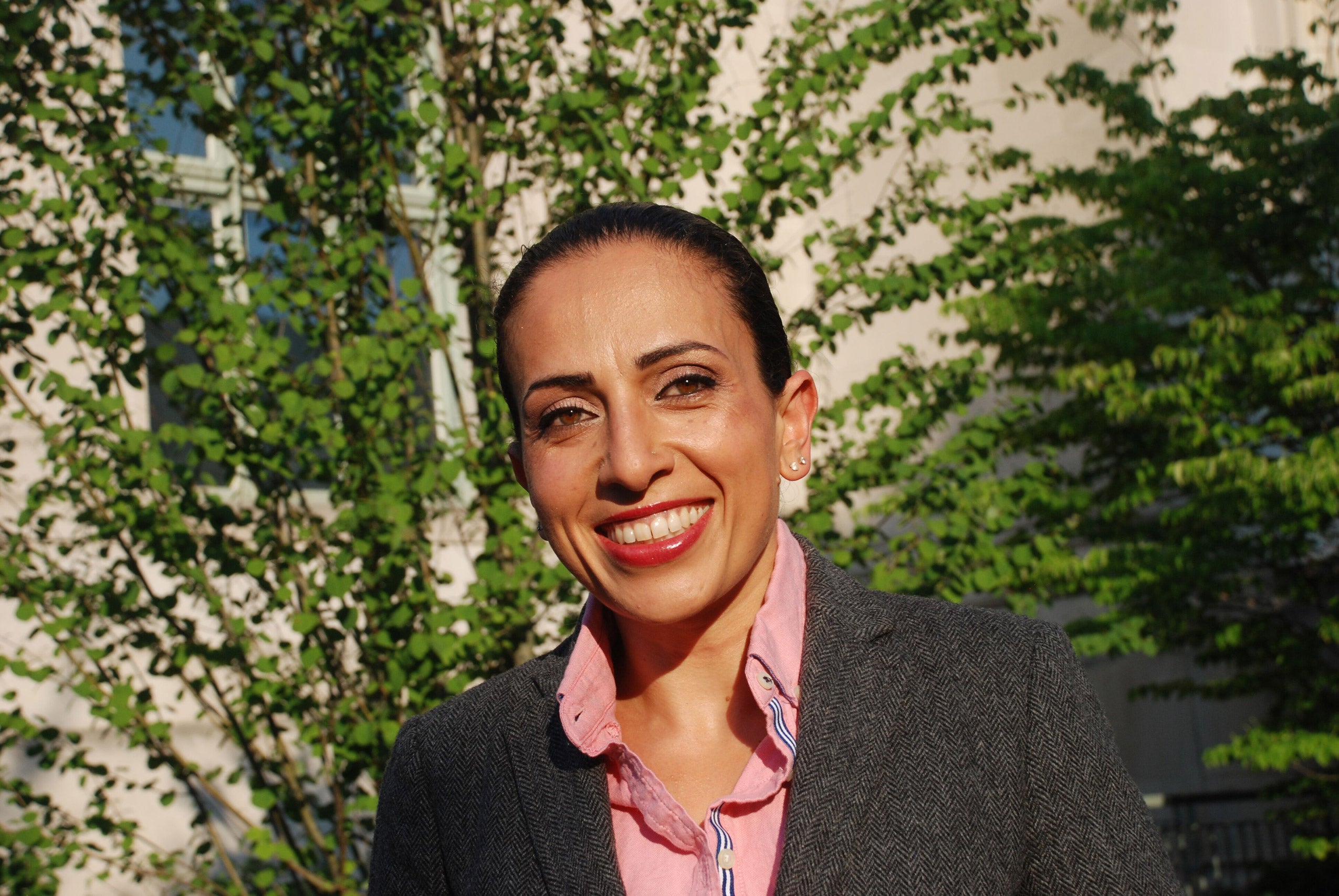
Naz Modirzadeh
Professor of Practice
Founding Director, Harvard Law School Program on International Law and Armed Conflict
Professor Modirzadeh’s scholarship and research in the field of public international law focus on non-use of force, armed conflict, and counter-terrorism. She is the founding director of the Program on International Law and Armed Conflict, which supports research on international law, peace, and war, and provides scholarship on current issues to a variety of actors. She often briefs international humanitarian organizations, UN agencies, and governments on issues related to international humanitarian law, human rights, and counterterrorism regulations relating to humanitarian assistance.
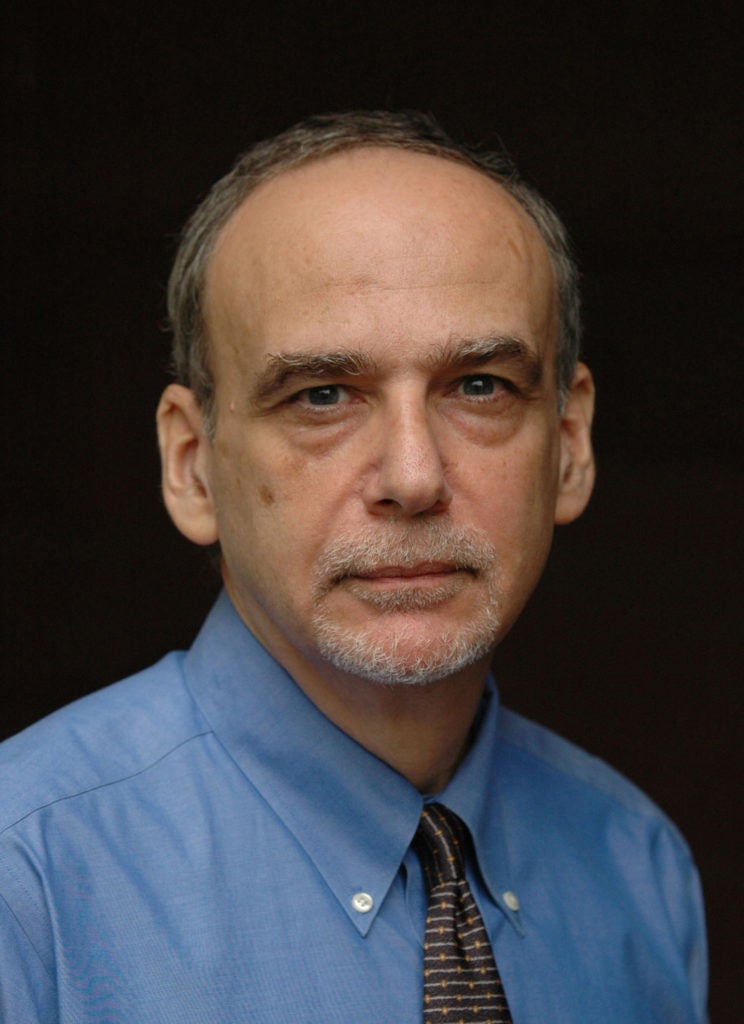
Gerald Neuman
J. Sinclair Armstrong Professor of International, Foreign, and Comparative Law
Director, Human Rights Program
Professor Neuman’s current research focuses on international human rights bodies, transnational dimensions of constitutionalism, and rights of foreign nationals. He recently edited and contributed several chapters to “Human Rights in a Time of Populism: Challenges and Responses” (2020). From 2011 to 2014, Professor Neuman was a member of the U.N. Human Rights Committee, the treaty body that monitors compliance with the International Covenant on Civil and Political Rights.
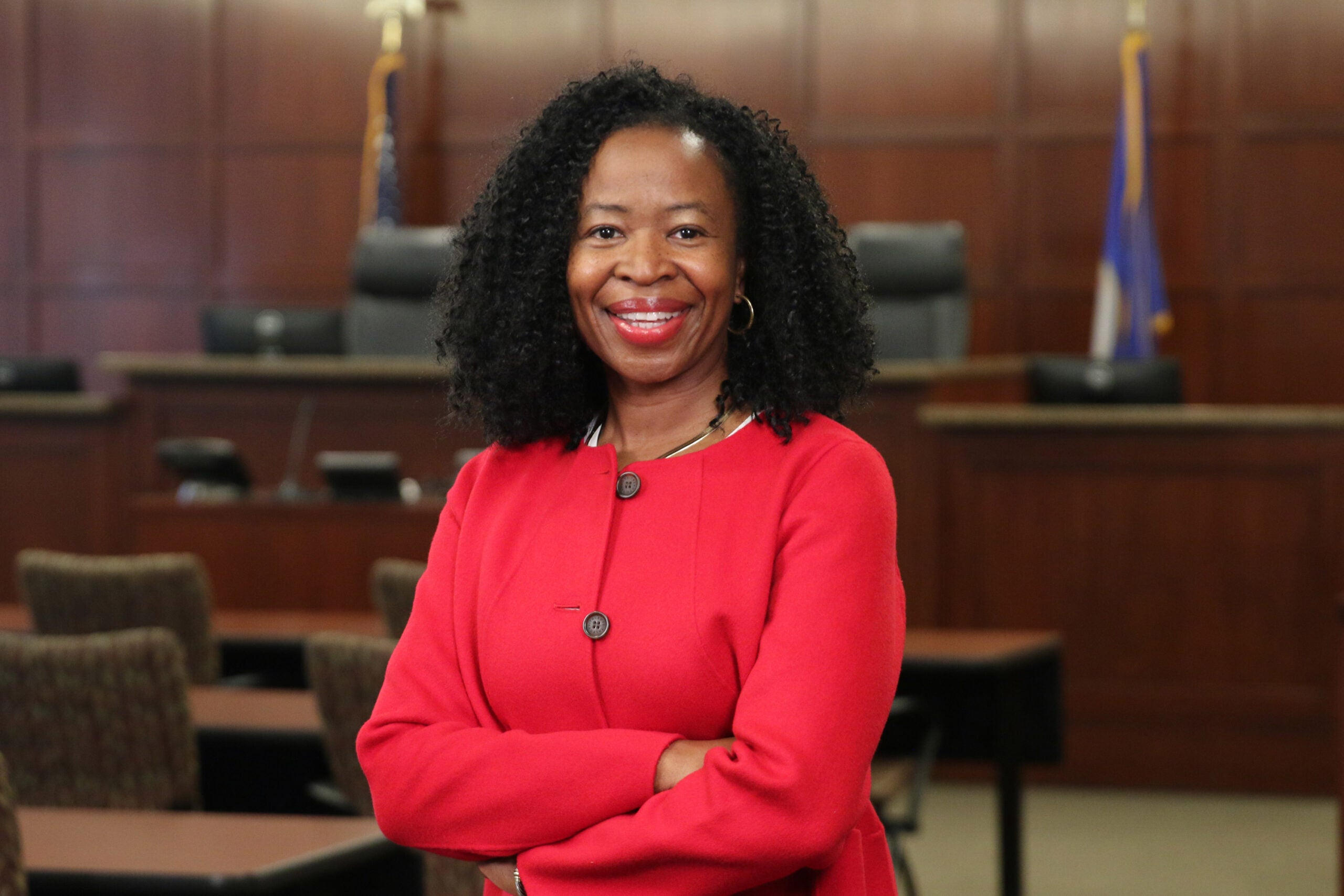
Ruth Okediji
Jeremiah Smith, Jr. Professor of Law
Co-Director, Berkman Klein Center for Internet & Society
Professor Okediji’s scholarship focuses on the international regulatory environment for knowledge goods, innovation policy and global knowledge governance. She has served as a policy advisor to many inter-governmental organizations, regional economic communities and national governments on the formulation of copyright and patent policies, and on institutional design choices related to IP administration.

Mariana Pargendler
Beneficial Professor of Law
Professor Pargendler’s scholarship focuses on corporate law, corporate governance, and contract law from economic and comparative perspectives. She has published over 30 articles in various journals and edited volume and is a coauthor of “The Anatomy of Corporate Law: A Comparative and Functional Approach” (2017), a leading academic treatise on comparative corporate law.
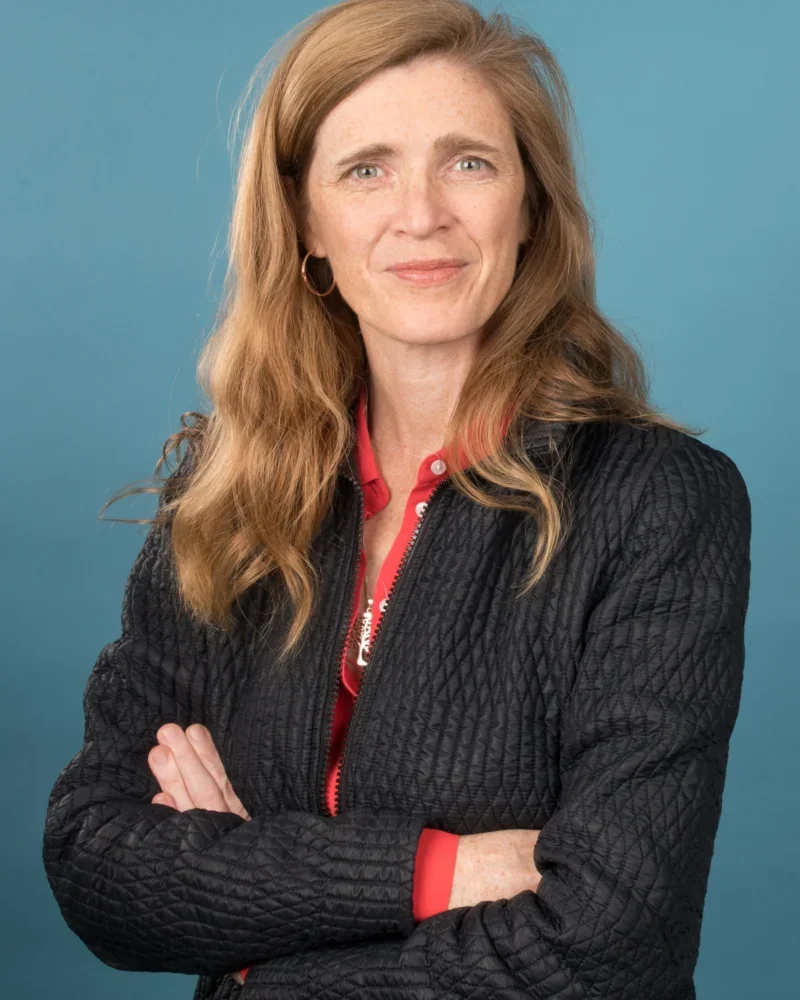
Samantha Power
William D. Zabel ’61 Professor of Practice in Human Rights
Professor Power served in the Biden-Harris Administration as the Administrator of the U.S. Agency for International Development (USAID).
In this role she helped to spearhead the global distribution of more than 700 million free COVID vaccines in developing countries and to launch a global campaign to combat lead poisoning, among other accomplishments. Prior to this, she served as the 28th US Permanent Representative to the United Nations and on the National Security Council staff as Special Assistant to the President and Senior Director for Multilateral Affairs and Human Rights. Her book “A Problem from Hell: America and the Age of Genocide” (2002) won the Pulitzer Prize for non-fiction in 2003.
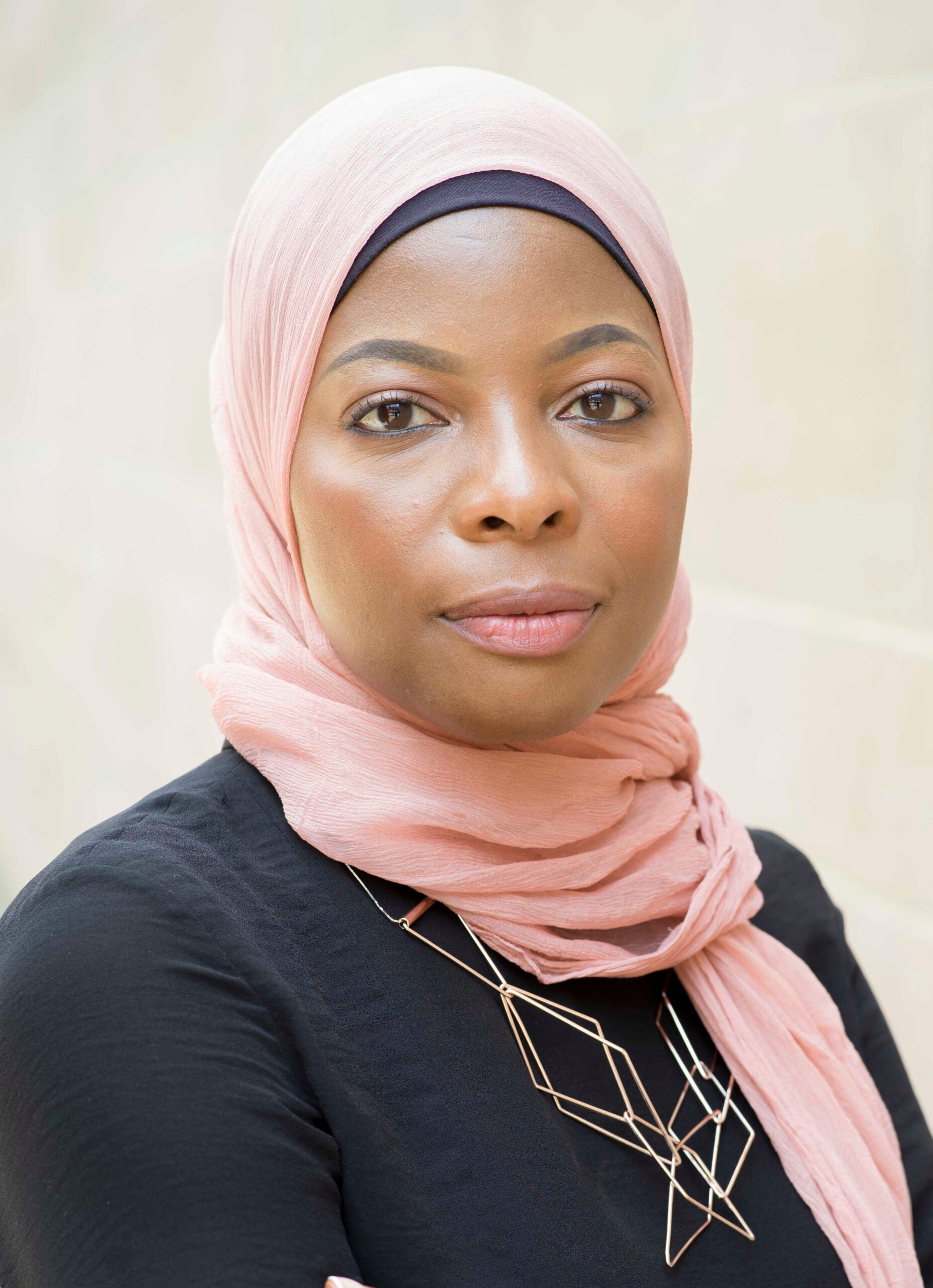
Intisar Rabb
Professor of Law
Director, Program in Islamic Law
Professor of History, Harvard University Faculty of Arts and Sciences
Professor Rabb has written on Islamic law in historical and modern contexts, Islamic constitutionalism, Islamic legal canons, and on the early history of the Qur’an text. As director of the Program in Islamic Law, she launched SHARIAsource, an online global database that houses primary sources on, and analysis about, Islamic law.
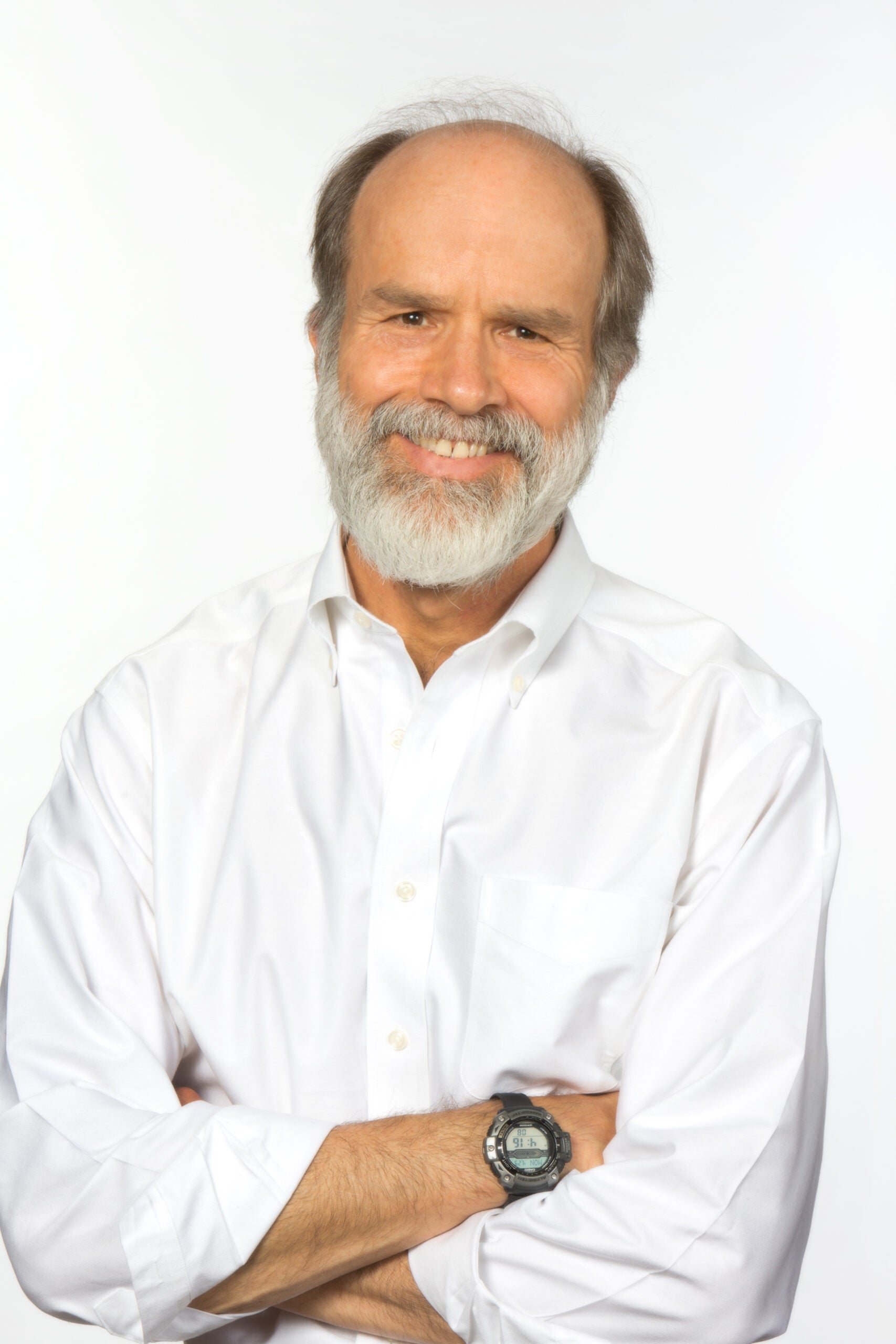
J. Mark Ramseyer
Mitsubishi Professor of Japanese Legal Studies
Professor Ramseyer teaches and researches Japanese law, primarily from a law and economics perspective. He has taught at several Japanese universities and published a book on Japanese tort litigation, “Second-Best Justice: The Virtues of Japanese Private Law” (2015).
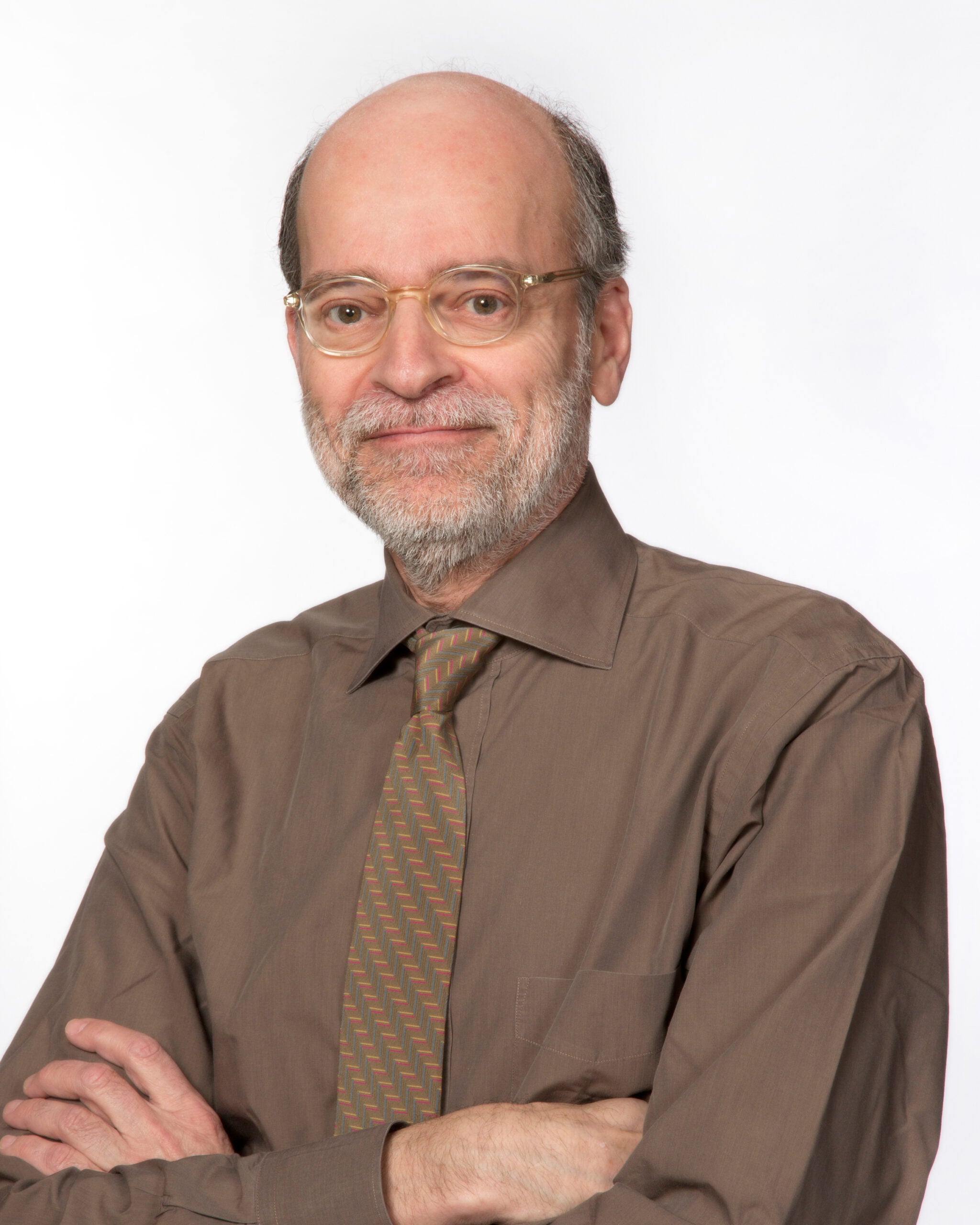
Mark Roe
David Berg Professor of Law
Professor Roe focuses on worldwide problems in business bankruptcy, corporate law, and financial regulation. Two of his recent articles have focused on sustainable corporate governance initiatives in Europe and how bank taxation impedes or fosters financial safety in the U.S. and Europe.
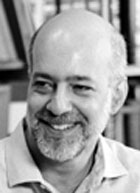
Joseph William Singer
Bussey Professor of Law
Professor Singer teaches and writes about property law, conflict of laws, and federal Indian law. He also writes about legal theory with an emphasis on moral and political philosophy. He is an executive editor of “Cohen’s Handbook of Federal Indian Law” (updated in 2024), and has written a casebook and a treatise on property law, as well as “Persuasion: Getting to the Other Side” (2020) and “Choice of Law: Patterns, Arguments, Practices” (2020).
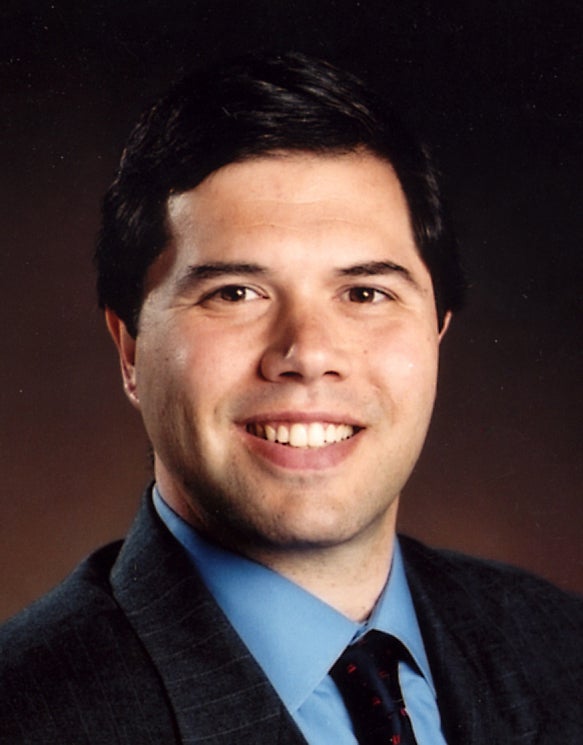
Michael Stein
Visiting Professor of Law
Co-founder and Executive Director, Harvard Law School Project on Disability
Professor Stein participated in the drafting of the UN Convention on the Rights of Persons with Disabilities, actively consults with international governments on their disability laws and policies, and advises a number of United Nations bodies. He and the Harvard Law School Project on Disability continue to train and support the work of self-advocates with intellectual disabilities and their families and supporters around the world.
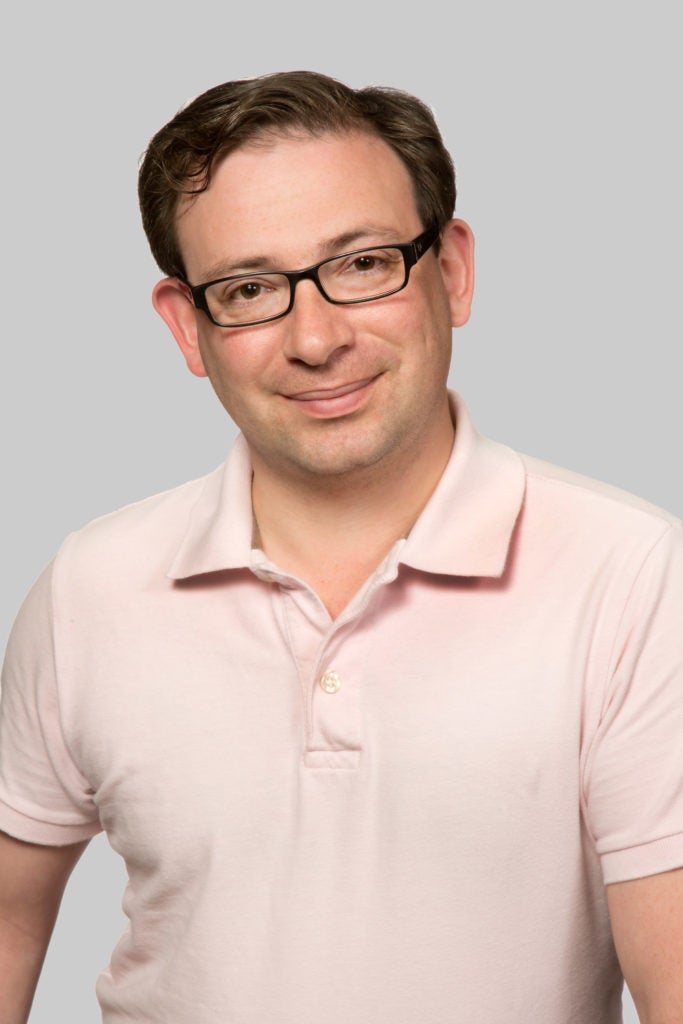
Matthew Stephenson
Henry L. Shattuck Professor of Law
Professor Stephenson specializes in the global issues of anticorruption law, legislation, administrative law, and the application of political economy to public institutional design. He is the founder and editor-in-chief of the Global Anticorruption Blog, which features student analyses of the problem of corruption around the world.
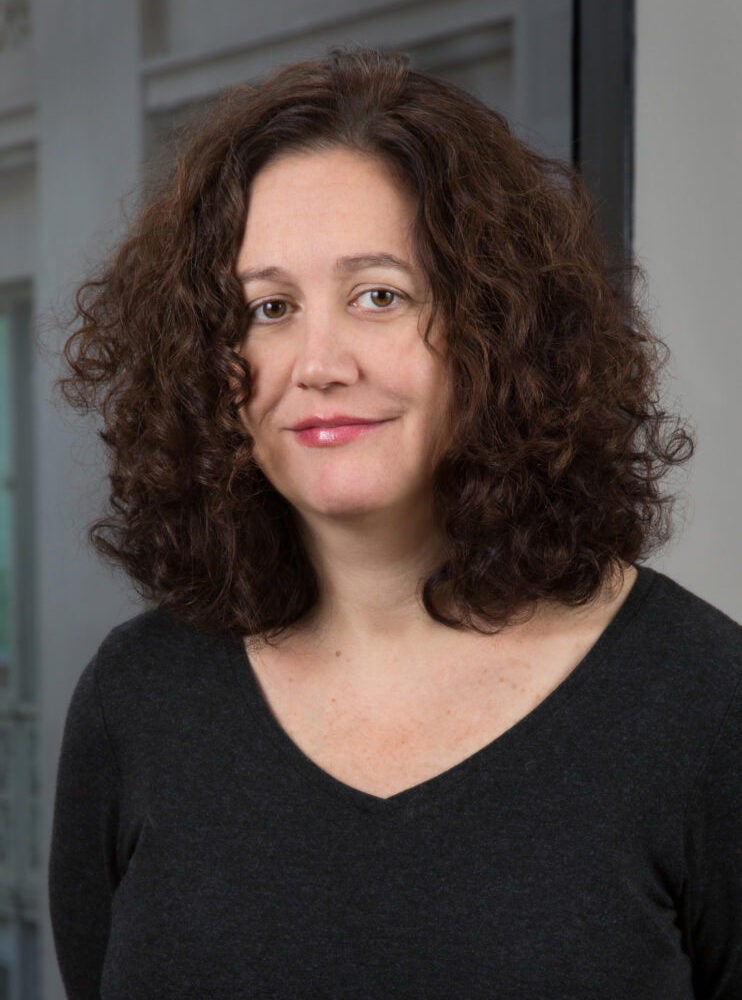
Kristen Stilt
Professor of Law
Faculty Director, Animal Law & Policy Program
Director, Program on Law and Society in the Muslim World
Professor Stilt teaches and conducts research on issues in Islamic law and society in both historical and contemporary contexts, and on animal law and the intersection of animal law and religion and culture. She is the author of “Islamic Law in Action: Authority, Discretion, and Everyday Experiences in Mamluk Egypt” (2011) and many journal articles.
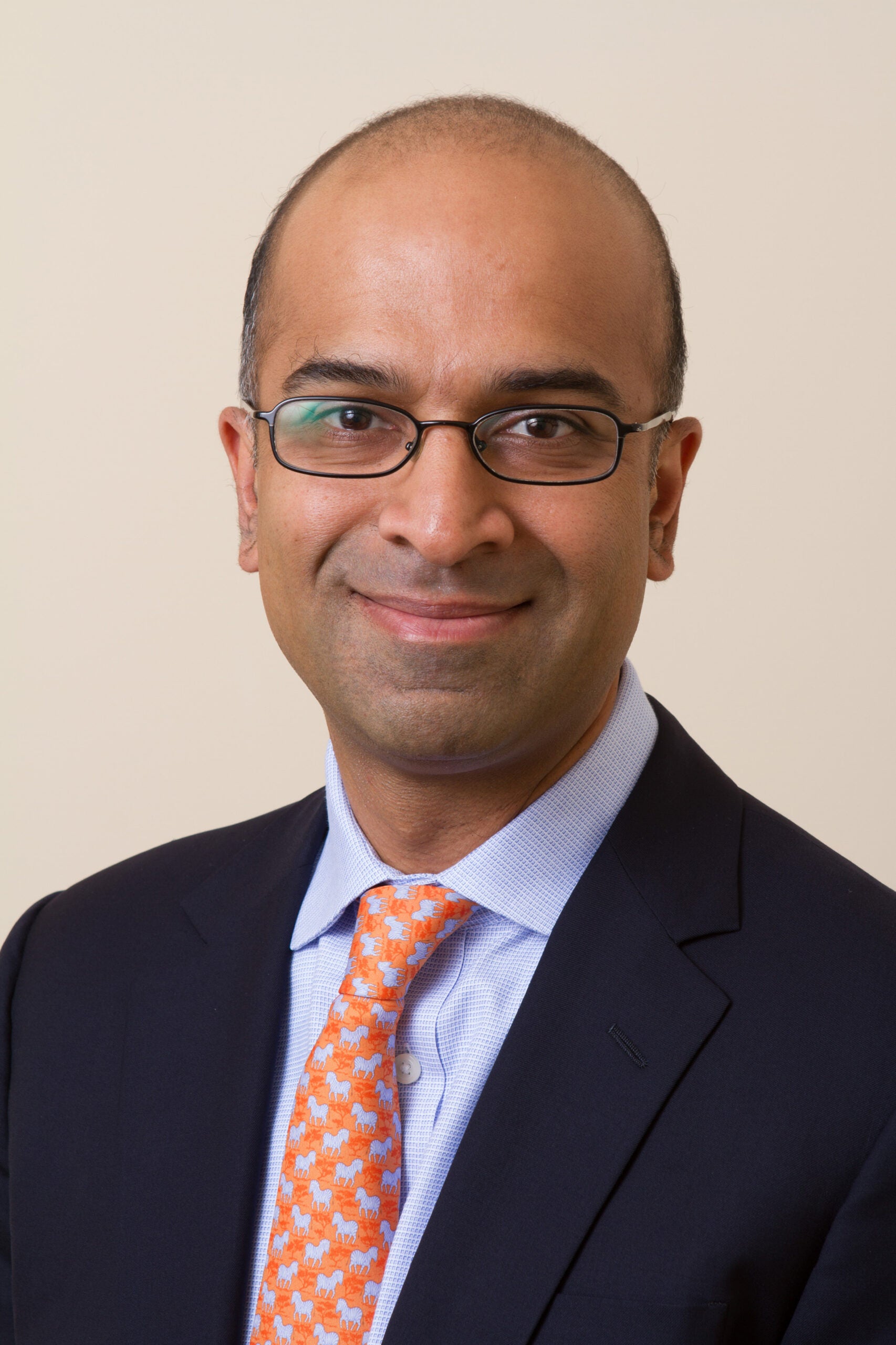
Guhan Subramanian
Joseph H. Flom Professor of Law and Business
Chair, Program on Negotiation
H. Douglas Weaver Professor of Business Law, Harvard Business School
Chair, Program on Negotiation
Professor Subramanian’s research explores topics in global corporate governance, corporate law, and negotiations. His book “Dealmaking: The New Strategy of Negotiauctions” (2011; second edition 2020) synthesizes two decades of research findings, and has been translated into Chinese (Mandarin), German, Japanese, Portuguese, and Spanish. He is also a co-author of “Commentaries and Cases on the Law of Business Organization” (4th edition 2012).
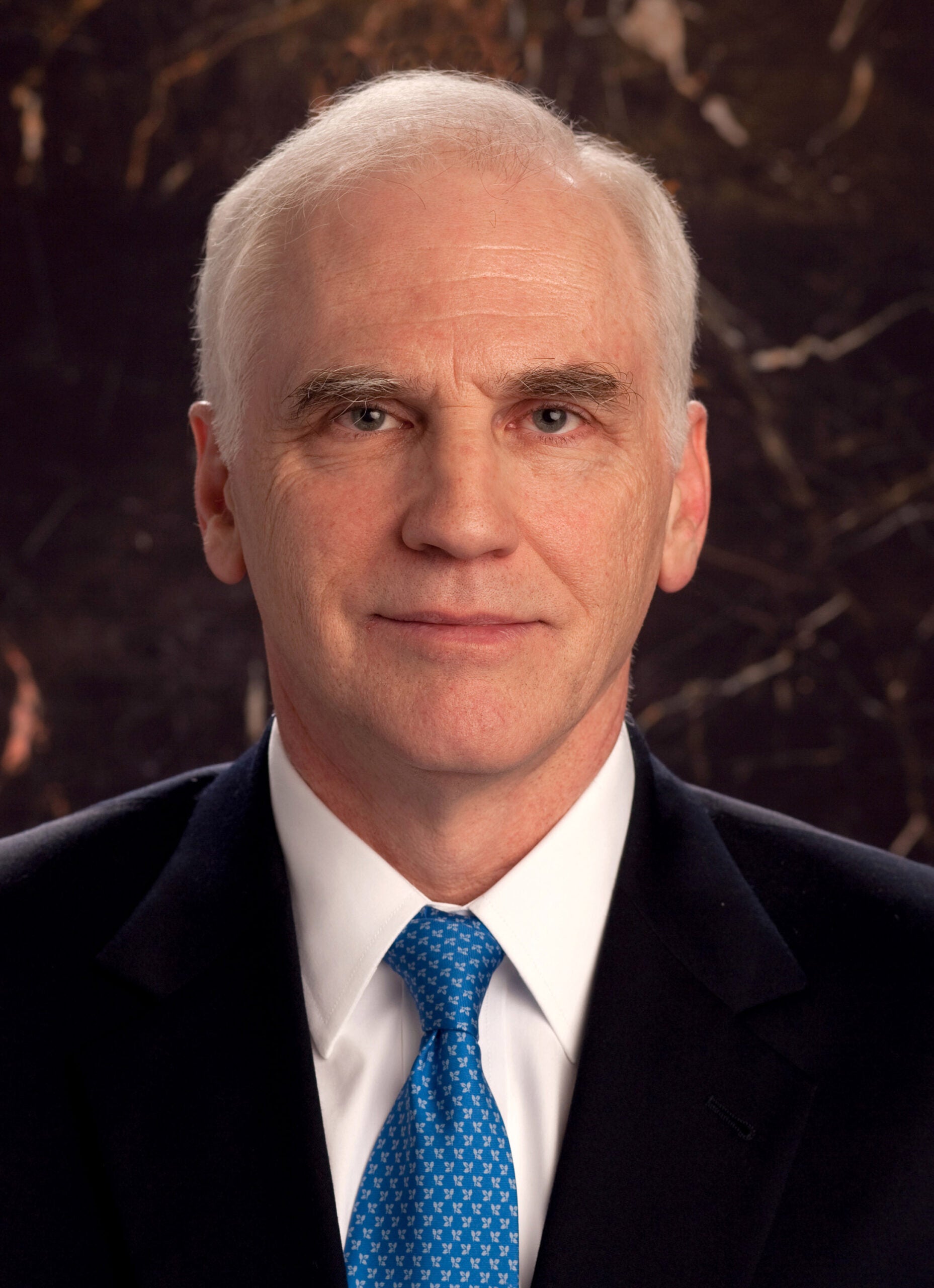
Daniel Tarullo
Nomura Professor of International Financial Regulatory Practice
Professor Tarullo’s areas of research interest include financial institutions, international economic law, and administrative law. He was a member of the Federal Reserve Board and the Federal Open Market Committee from 2009 to 2017, and was the Federal Reserve’s representative to the international Financial Stability Board, including four years as chair of its Committee on Supervision and Regulation. Earlier, he served as Assistant Secretary of State for Economic and Business affairs, Assistant to the President for International Economic Policy, and as President Clinton’s personal representative to the G7 group of industrialized nations.
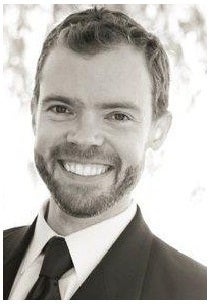
Philip Torrey
Assistant Clinical Professor of Law
Director, Crimmigration Clinic
Professor Torrey directs the Crimmigration Clinic which engages in cutting-edge litigation on a range of issues concerning the intersection of criminal law and immigration law. He has litigated numerous cases in administrative tribunals, federal district courts, federal circuit courts of appeals, and authored briefs filed in the U.S. Supreme Court. Prior to joining HLS, he was an immigration attorney who specialized in removal defense and represented individuals seeking immigration relief.
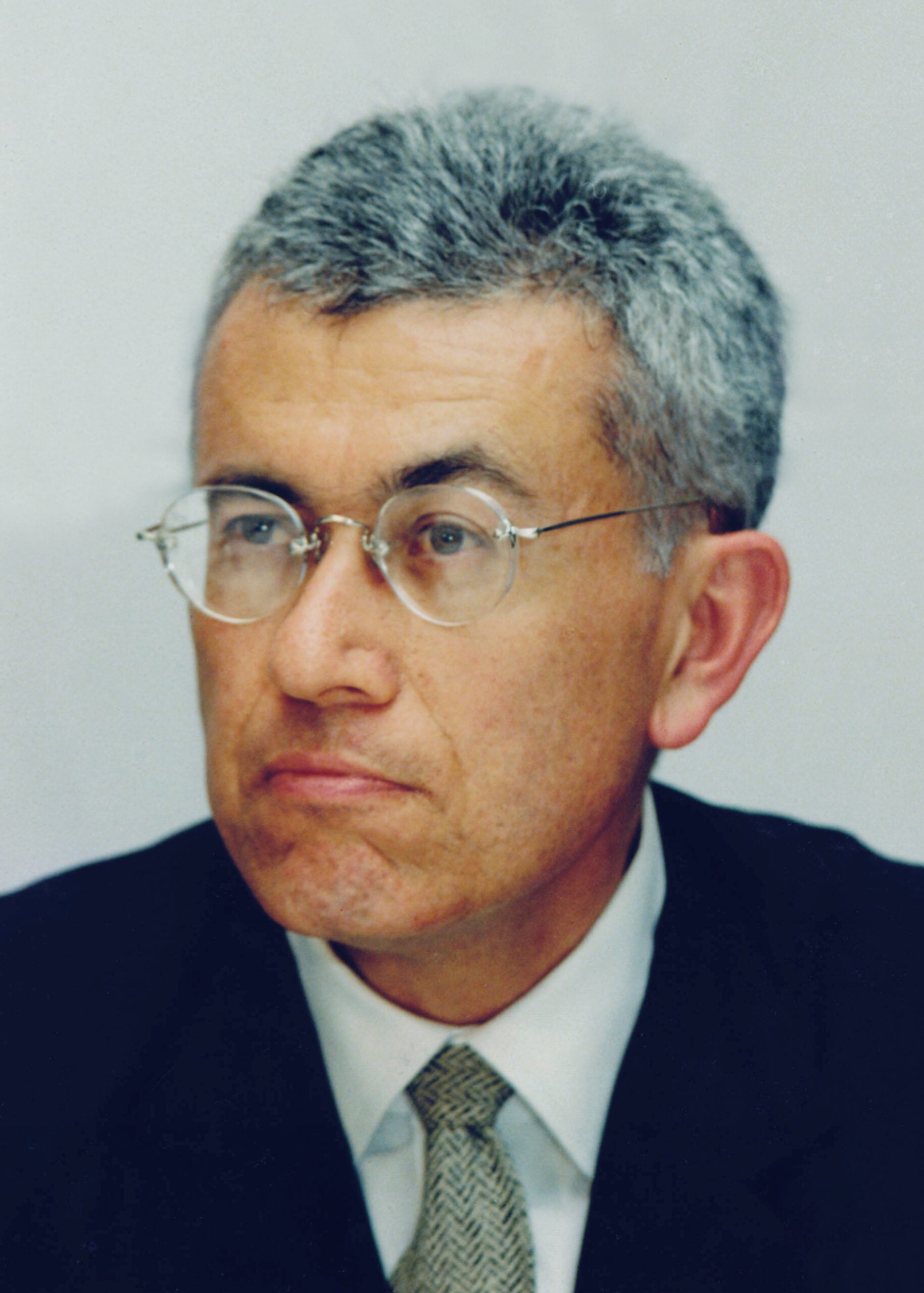
Roberto Mangabeira Unger
Roscoe Pound Professor of Law
Professor Unger’s international work focuses on legal, social, political, and economic theory. He has twice (2007 and 2015) served as the Brazilian Minister of Strategic Affairs. Professor Unger’s recent books include “The World and Us” (2024) and “Governing the World without World Government” (2022).

Lucie White
Louis A. Horvitz Professor of Law
Professor White has worked for two decades on the issue of poverty in sub-Saharan Africa. Since 2002 she has led HLS’ Ghana Project in which students work closely with Ghanaian organizations that focus on the human rights dimensions of Ghana’s health and economic policies and practices. Her publications include “Stones of Hope: How African Activists Reclaim Human Rights to Challenge Global Policy” (2011), written with Jeremy Perelman S.J.D. ’11.

Alex Whiting
Professor of Practice
Professor Whiting teaches, writes, and consults on domestic and international criminal prosecution issues. He has worked extensively both as an international and U.S. federal prosecutor. Most recently, he served in the Special Counsel’s Office at the U.S. Department of Justice as an Assistant Special Counsel. Previously, he was at the Kosovo Specialist Prosecutor’s Office in The Hague, serving as the Head of Investigations, Deputy Specialist Prosecutor, and Acting Specialist Prosecutor. From 2010 until 2013, he was in the Office of the Prosecutor at the International Criminal Court (ICC), first as the Investigations Coordinator, and then as Prosecutions Coordinator.
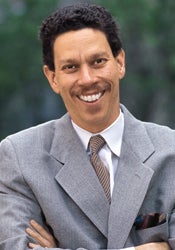
David Wilkins
Lester Kissel Professor of Law
Vice Dean for Global Initiatives on the Legal Profession
Director, Center on the Legal Profession
Professor Wilkins has written over 80 articles on the legal profession in leading scholarly journals and the popular press and is the co-author of one of the leading casebooks in the field. His current scholarly work includes the Project on Globalization, Lawyers and Emerging Economies, a research collaborative studying how globalization is reshaping the legal services market in rapidly developing countries in Asia, Africa, Eastern Europe, and Latin America.
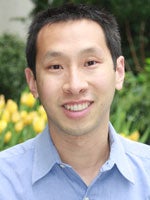
Mark Wu
Henry L. Stimson Professor of Law
Faculty Co-Director, Berkman Klein Center for Internet and Society
Professor Wu specializes in international economic and trade law. He served in the Biden-Harris administration as senior advisor to the U.S. Trade Representative. With the active support of a team of students, he co-organized the 20th anniversary conference of the World Trade Organization in the United States.
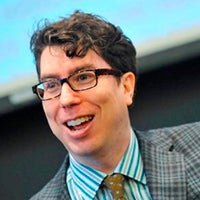
Jonathan Zittrain
George Bemis Professor of International Law
Vice Dean for Library and Information Resources
Faculty Director, Berkman Klein Center for Internet and Society
Professor of Computer Science, Harvard School of Engineering and Applied Sciences
Professor, Harvard John F. Kennedy School of Government
Professor Zittrain’s research interests include the ethics and governance of artificial intelligence; the control of digital property; the regulation of cryptography; new privacy frameworks for loyalty to users of online services; the roles of intermediaries within Internet architecture; and the useful and unobtrusive deployment of technology in education.